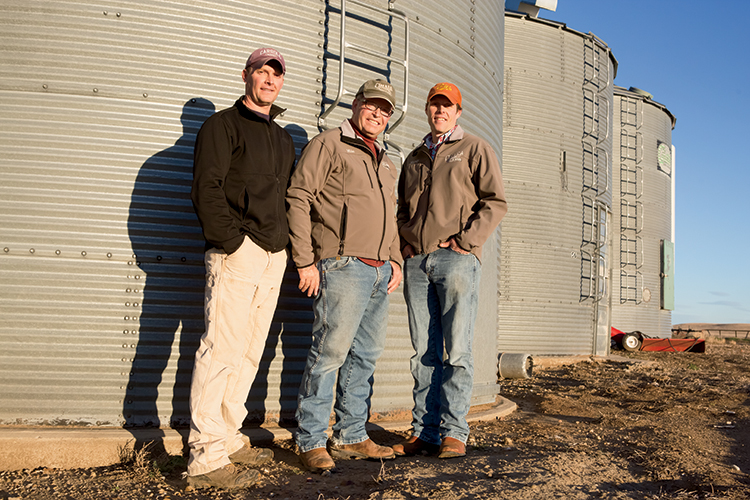Home > Montana > Montana Farm to Table > Why Estate Planning is so Important to Family Farms
Why Estate Planning is so Important to Family Farms

Mike O’Hara is retiring soon, and he’s looking forward to a “soft landing” with the help of estate planning of his farm.
In fact, it’s something he has been planning since around 2000, when he and his two sons formed a general partnership to own and operate O’Hara Land and Cattle in Fort Benton.
That’s when the family began the process of estate planning, knowing that Mike and his wife, Diana, would eventually turn over the farm and property to their sons, Heath and Hardy.
“I’ll probably stay involved, God willing, another five years,” O’Hara says about his upcoming retirement. “My wife and I are involved in delegating the business over to them.”
The couple feels comfortable with how things are now, and they’re prepared for their sons to completely take over.
“The most important part is empowering our sons to run the business, and I think we’re doing a really good job of that,” O’Hara says.
With help from their estate planning lawyer and the benefit of time, the O’Haras have put in place a road map to what should be a smooth transition from one generation to the next. But the process of estate planning is not without its hurdles.
“The estate planning lawyer will inquire about the client’s testamentary wishes, special needs of the family and the client’s assets,” says Associate Dean of Students Elaine Gagliardi, and also professor, of the University of Montana’s Alexander Blewett III School of Law. “It’s important for the client to gather as much information as is available regarding ownership of the client’s assets and any beneficiary designations in place.
“Gathering information about assets and deciding who to name to manage a client’s assets during life and during the estate administration are often difficult tasks,” Gagliardi adds.
And if the estate involves a business such as the O’Hara cattle and farm operation, there are additional points to consider.
“The attorney can help the client develop a plan to continue the business and shift management from the client to the next generation,” Gagliardi says.
“If the farm or ranch is the primary asset and it represents the bulk of the estate, it’s important to arrive at a plan that puts a process in place for allowing the child who will stay to operate the farm to buy out siblings at a fair price and over a reasonable time period,” she says, “or to otherwise put a plan in place to make some other provision for the other children.”



